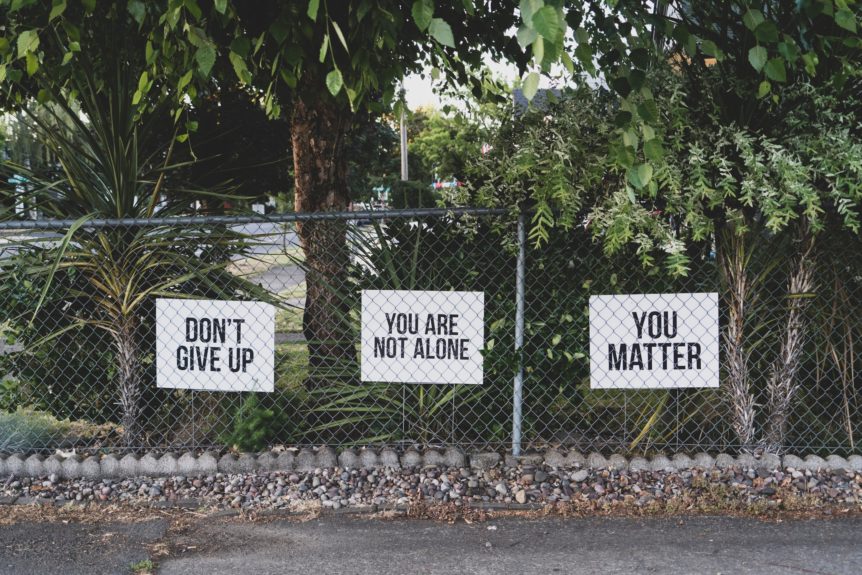All of us remember when someone believed in us and by doing so, restored us and made us a better person. Maybe it was the football coach who called the same pass play after we dropped the touchdown pass on the exact play moments before. Or, after we burned the birthday cake our mothers kindly gave us another Betty Crocker mix and together we started over. That kind of belief in a person will change a person’s life forever.
Henry Drummond writes in his essay, The Greatest Thing in the World (Love), “To be trusted is to be saved. And if we try to influence or elevate others we shall soon see that success is in proportion to their belief in our belief in them. The respect of another is the first restoration of the self-respect a man has lost; our ideal of what he is becomes to him the hope and pattern of what he may become.”
This is what Thinking No Evil is about at the root. When someone screws up the loving person does not immediately throw that person under the bus assuming that they are idiots and worthless. When we hear a rumor about a friend getting busted or worse, we don’t automatically assume the worst. We give the person the benefit of the doubt and wait until we learn the facts and then, stand with them, supporting them.
Same thing when we are insulted or snubbed by don’t have any idea as to why we were left out. Thinking No Evil never puts a negative construction on a situation. Thinking No Evil does not impute motives to a person or situation when those facts are not in evidence.
There is a story told, maybe true or maybe legend, that when Thomas Edison and his assistants, successfully made the first light bulb…after 24 hours of continuous labor…they entrusted a young apprentice to take the bulb and carefully walk it to the upstairs lab. The young lad carefully climbed the steps only to drop the bulb at the top of the stairs. The story goes that Edison and his crew worked another full 24 hours to construct another bulb. And, again, Edison called over the young beginner and entrusted the second bulb into his care for transporting it up the stairs. What restoration! What an investment in this young man. Edison did not think evil of this young boy, but rather invested confidence.
Commit to this Virtue this week! What wonderful places our families, workplaces, cities and country would be if we all could “Think No Evil” and invest in one another…sometimes at our expense.

